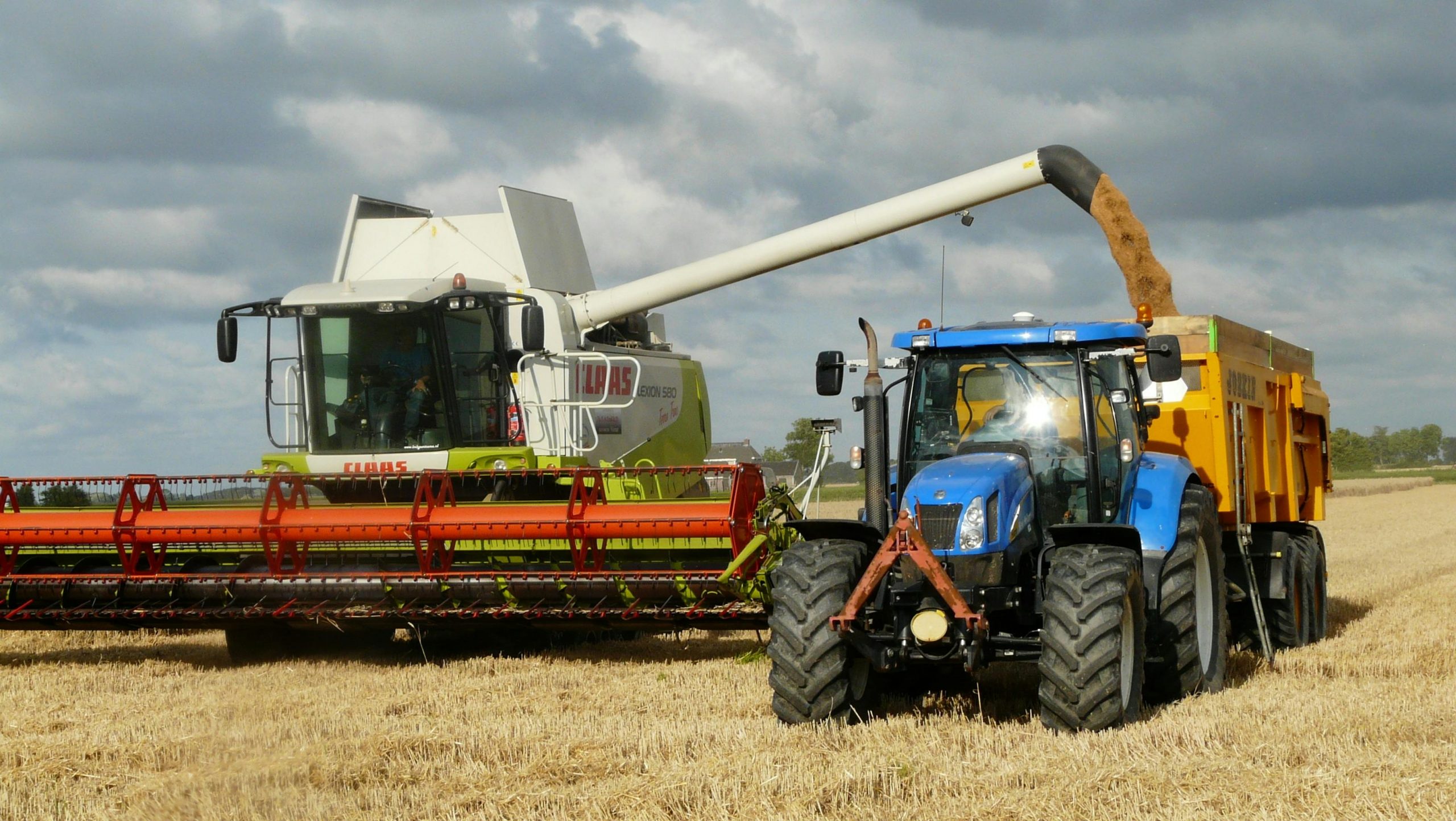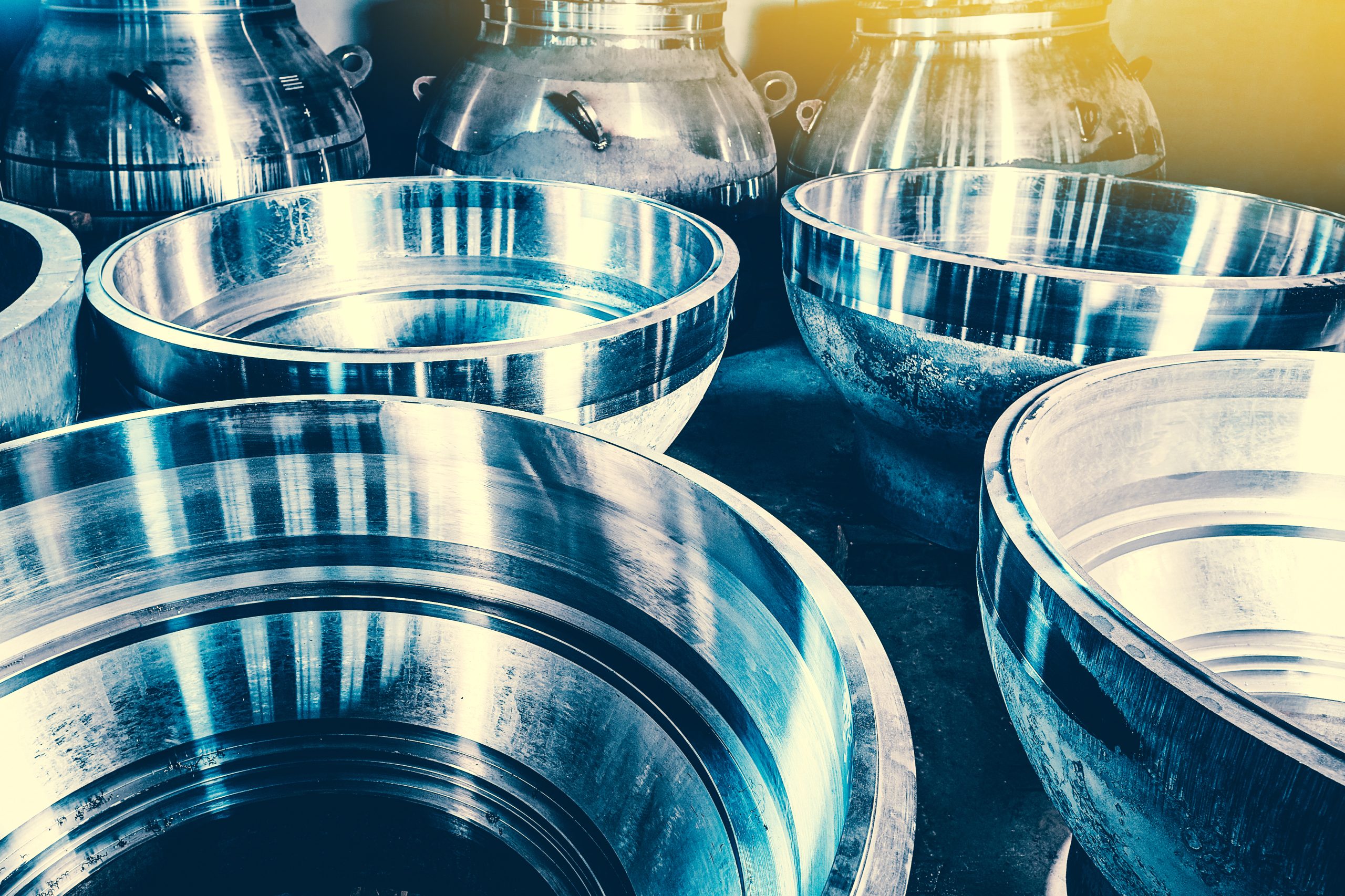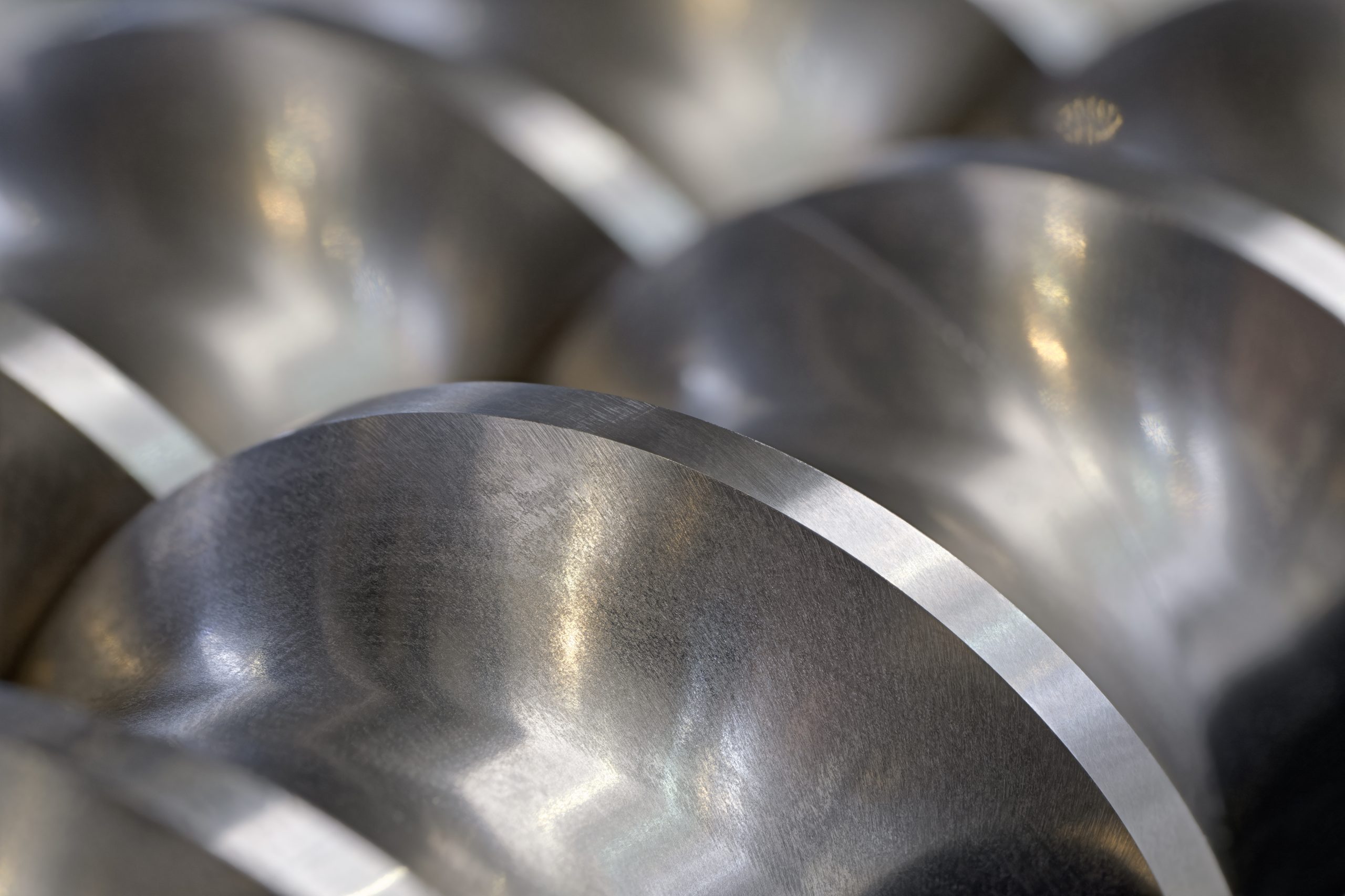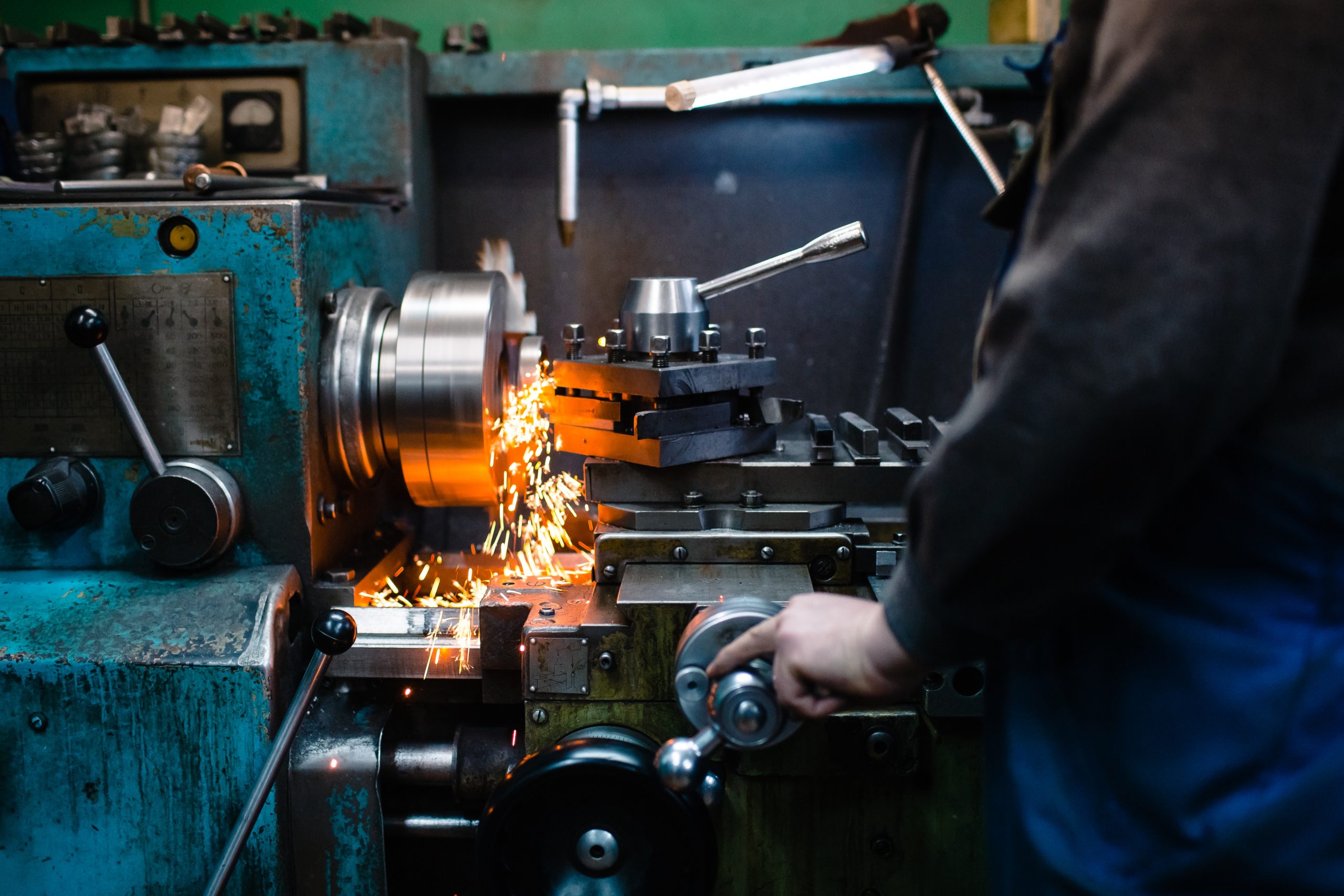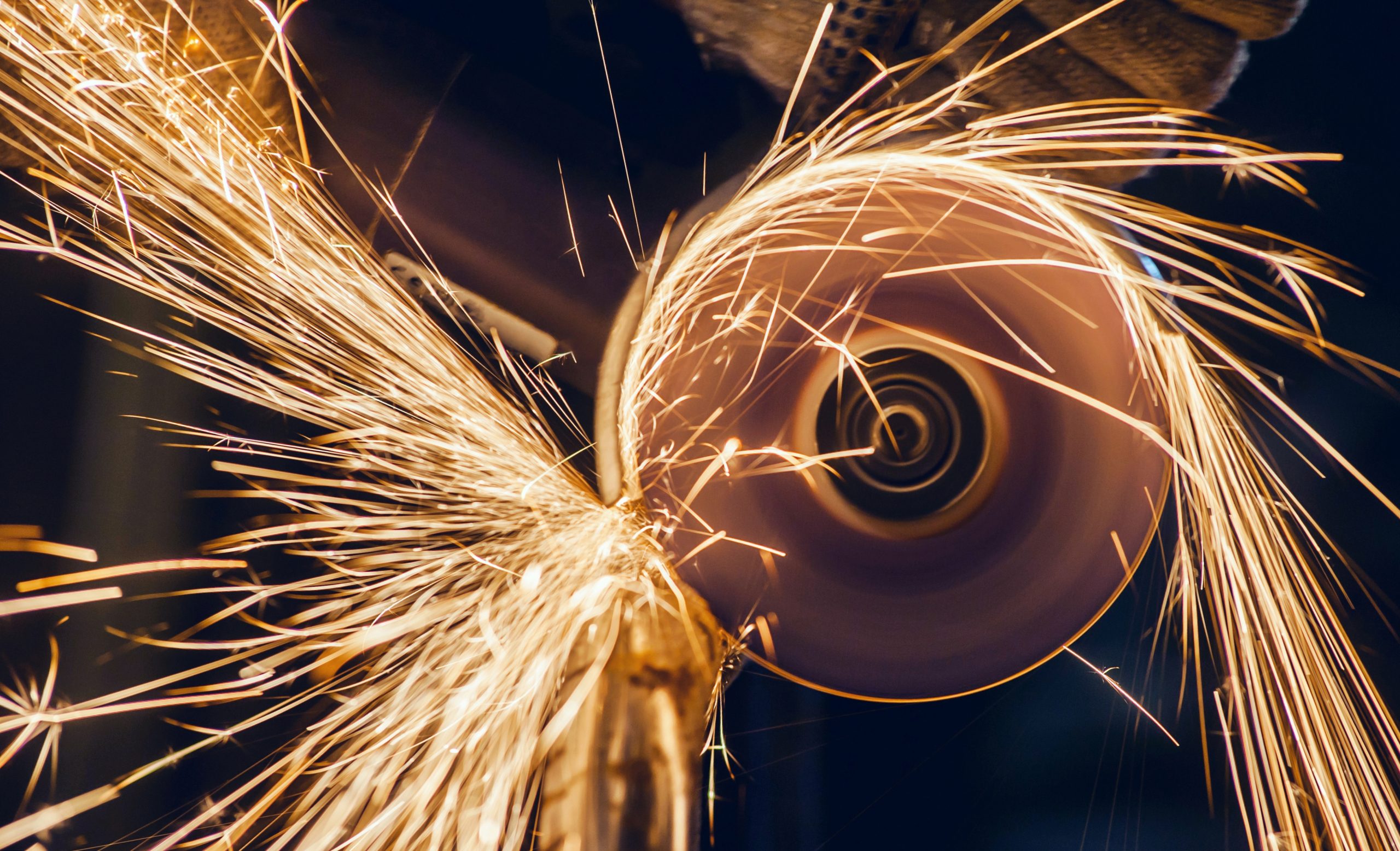In the agricultural industry, metal spinning can be utilised for various applications. One key area is the production of irrigation components, such as sprinkler heads or nozzle fittings. Metal spinning allows for the creation of precisely shaped components that contribute to efficient water distribution and irrigation systems.
Furthermore, metal spun parts can be used in the manufacturing of farming equipment, including seeders, planters, or even livestock feeding systems. The versatility of metal spinning ensures that components meet industry requirements, such as strength, durability, and resistance to harsh weather conditions.
Another application within agriculture is the fabrication of storage containers for crops or agricultural products. Metal spinning enables the production of custom-sized containers that are resistant to corrosion and can withstand outdoor environments, ensuring the integrity of stored crops and facilitating efficient handling and transportation.
Moreover, metal spinning techniques have been increasingly employed in the creation of specialised agricultural machinery parts, such as bespoke components for crop harvesting machines or advanced equipment for soil cultivation. These precision-engineered parts play a crucial role in enhancing the overall efficiency and productivity of agricultural operations. Additionally, metal spinning technology has revolutionised the design and production of livestock housing and infrastructure in the agricultural sector. From durable feed troughs to custom ventilation systems, metal spun components offer superior strength and longevity, ensuring the welfare and comfort of farm animals while streamlining daily farming activities.

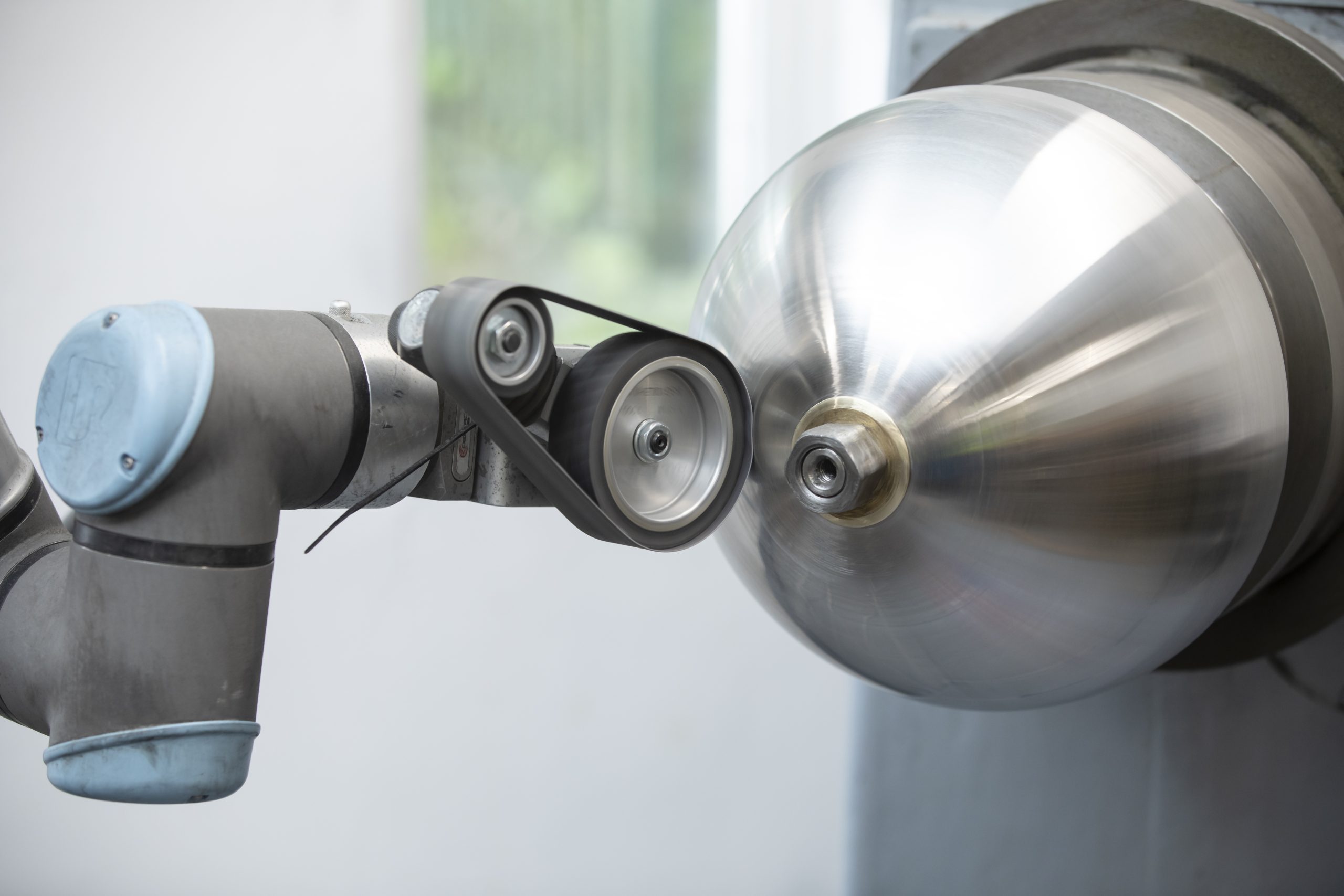 Metal Spinning
Metal Spinning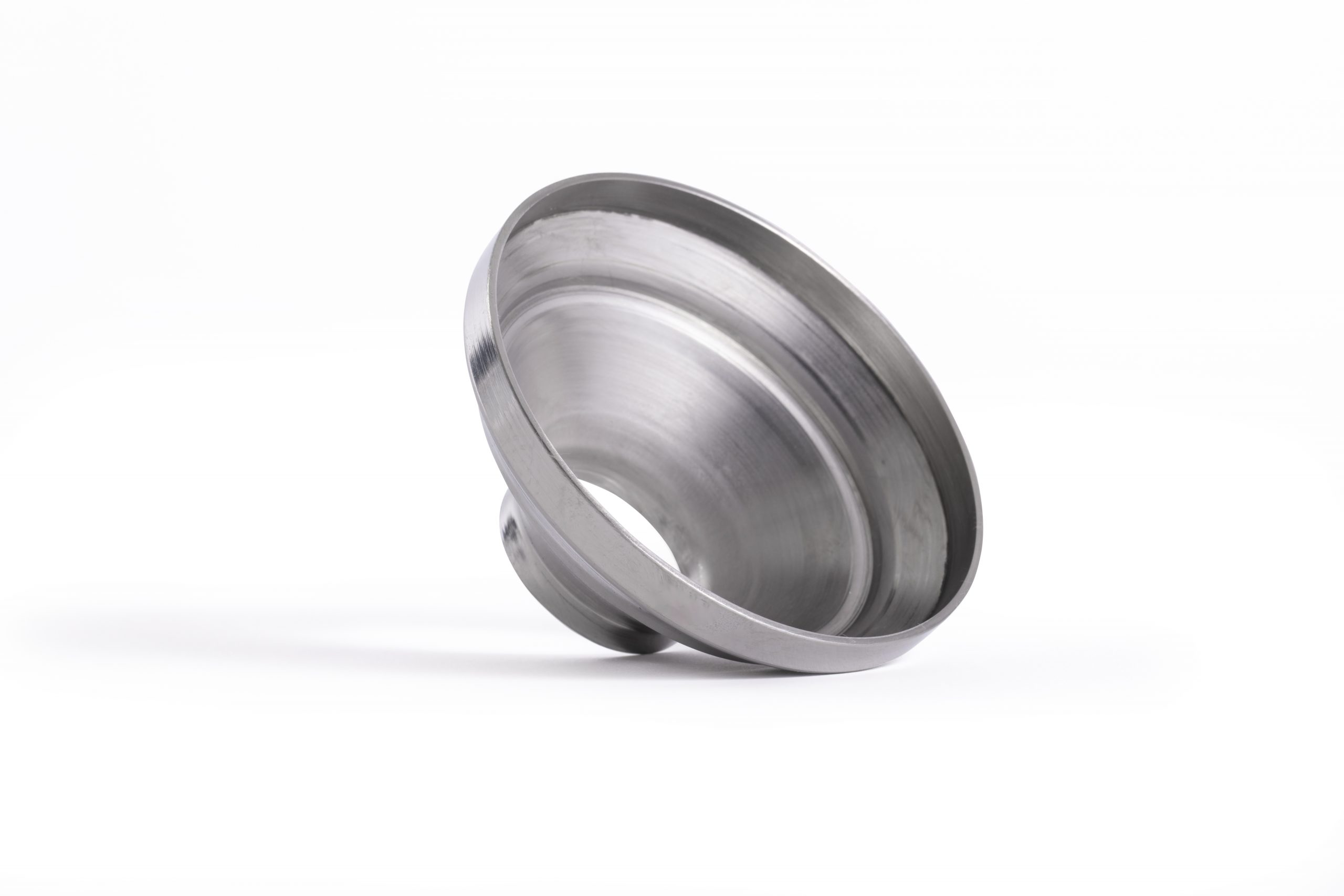 Bespoke Metal Spinning
Bespoke Metal Spinning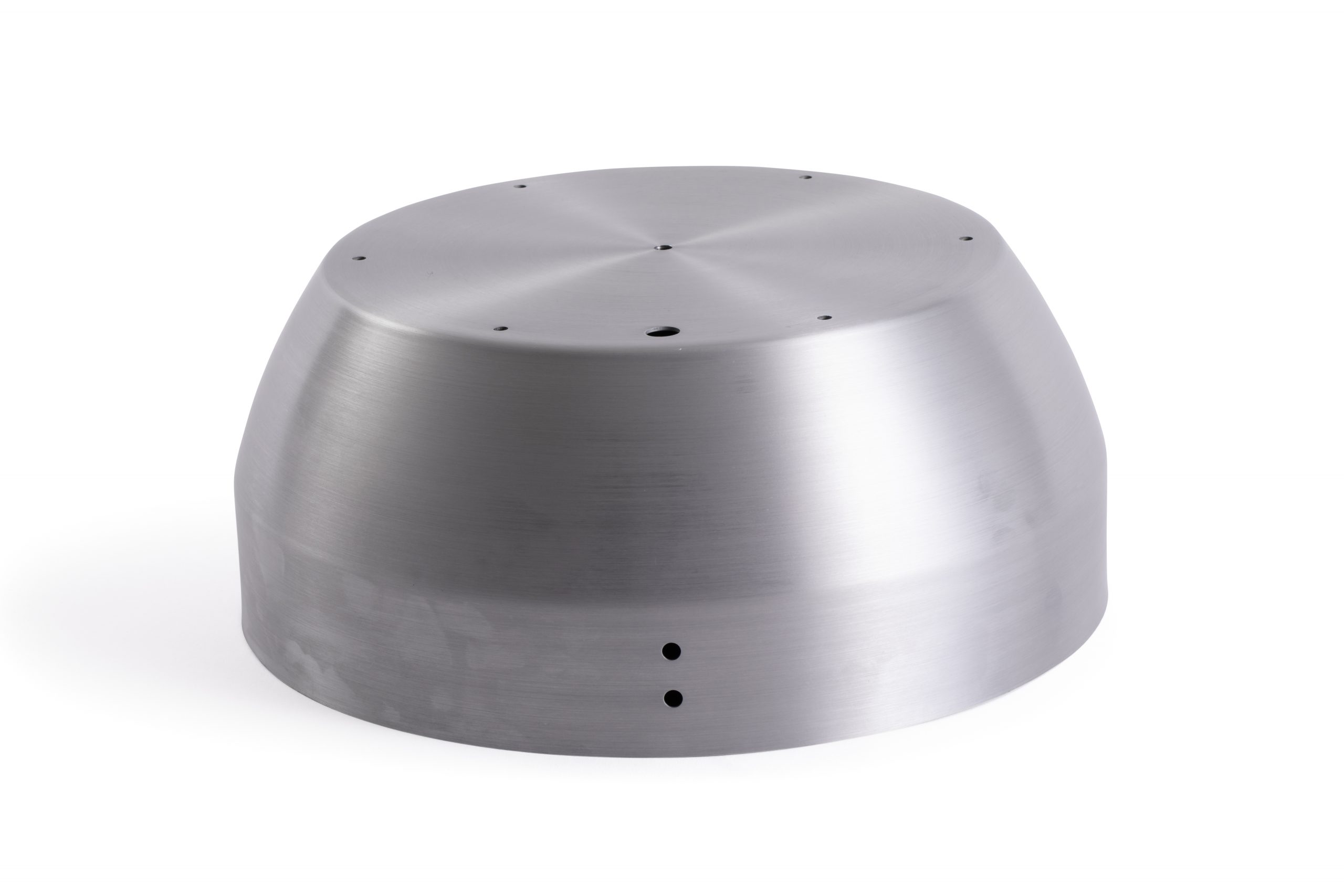 Metal Polishing
Metal Polishing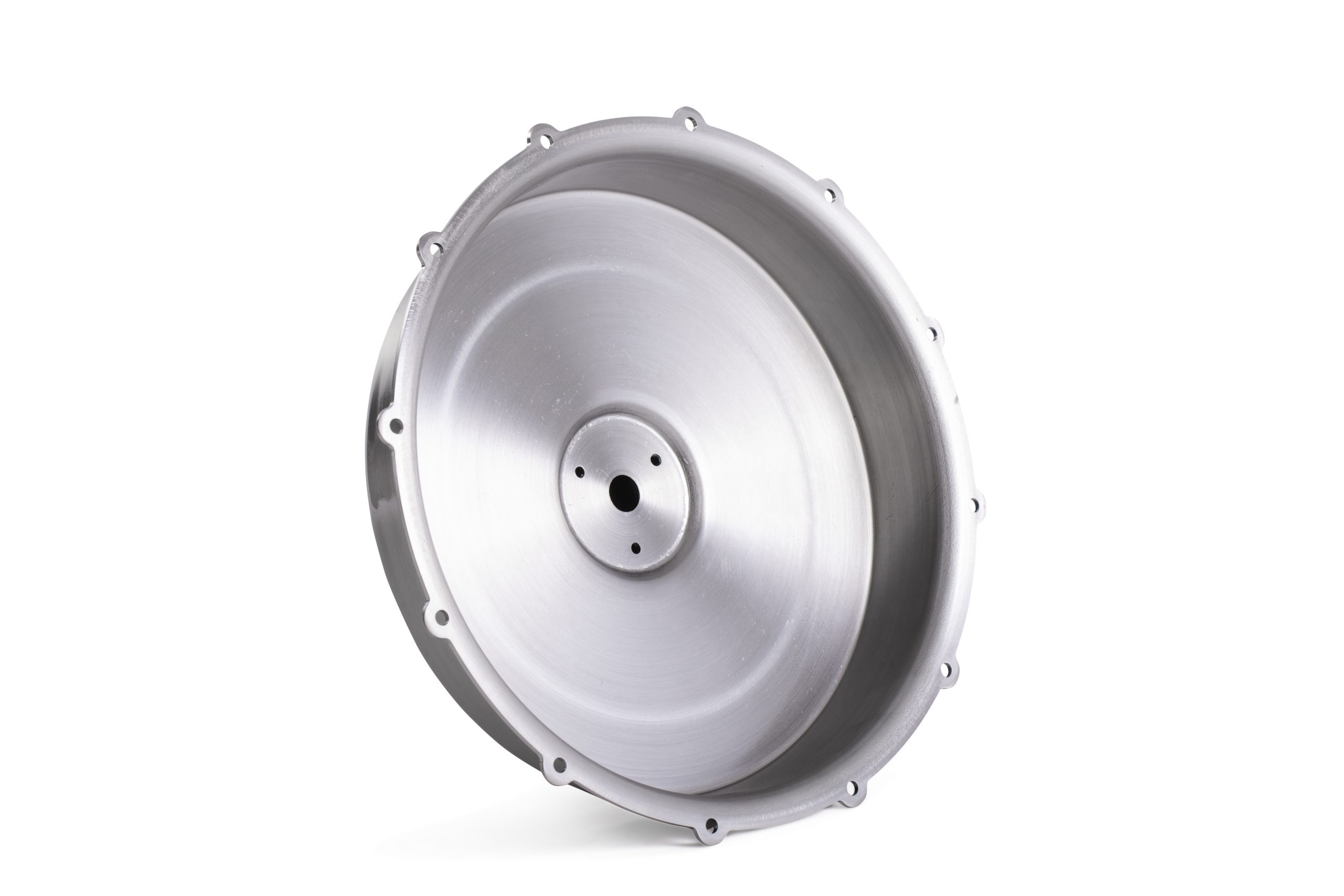 Machining
Machining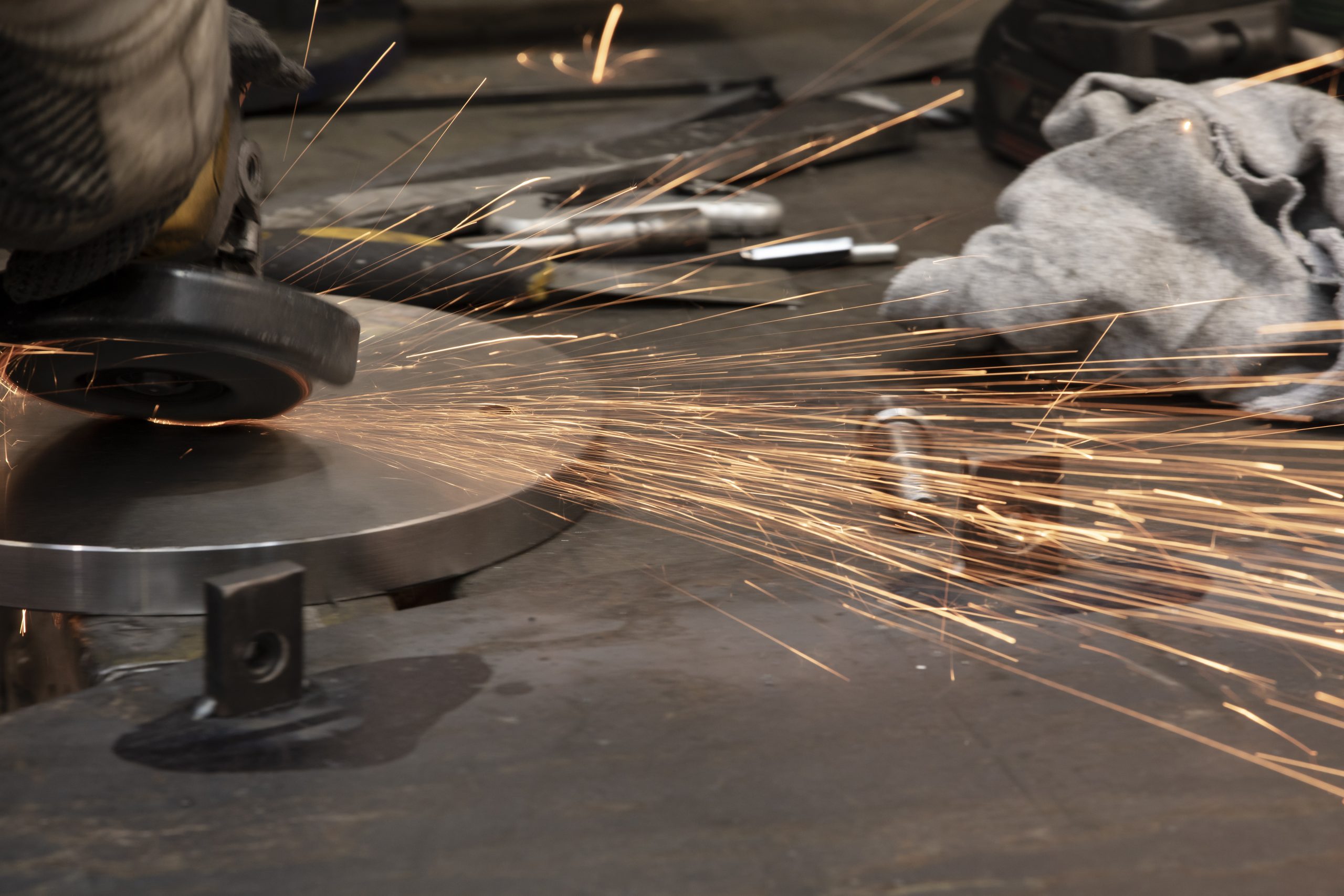 Metal Pressing
Metal Pressing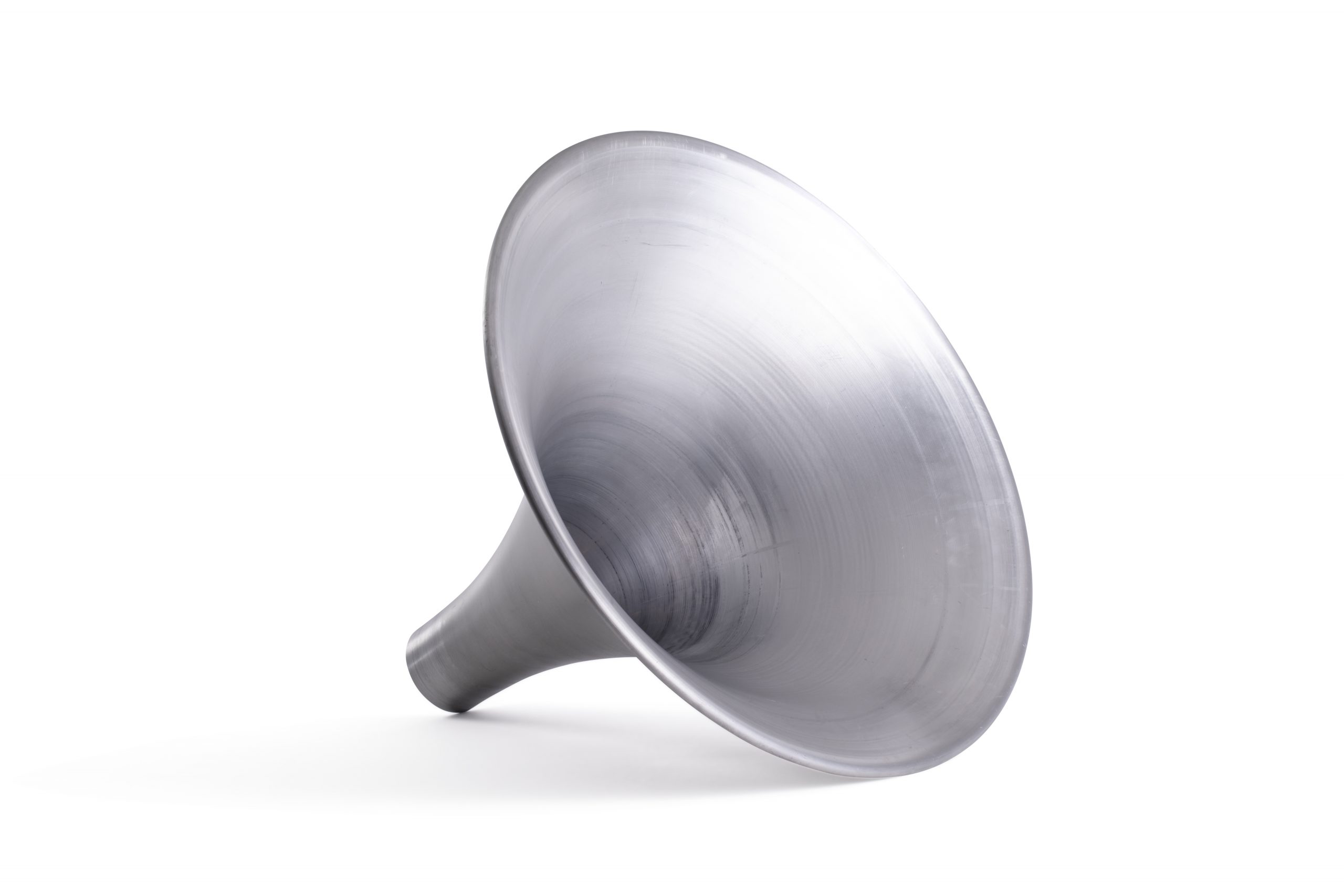 Metal Swaging
Metal Swaging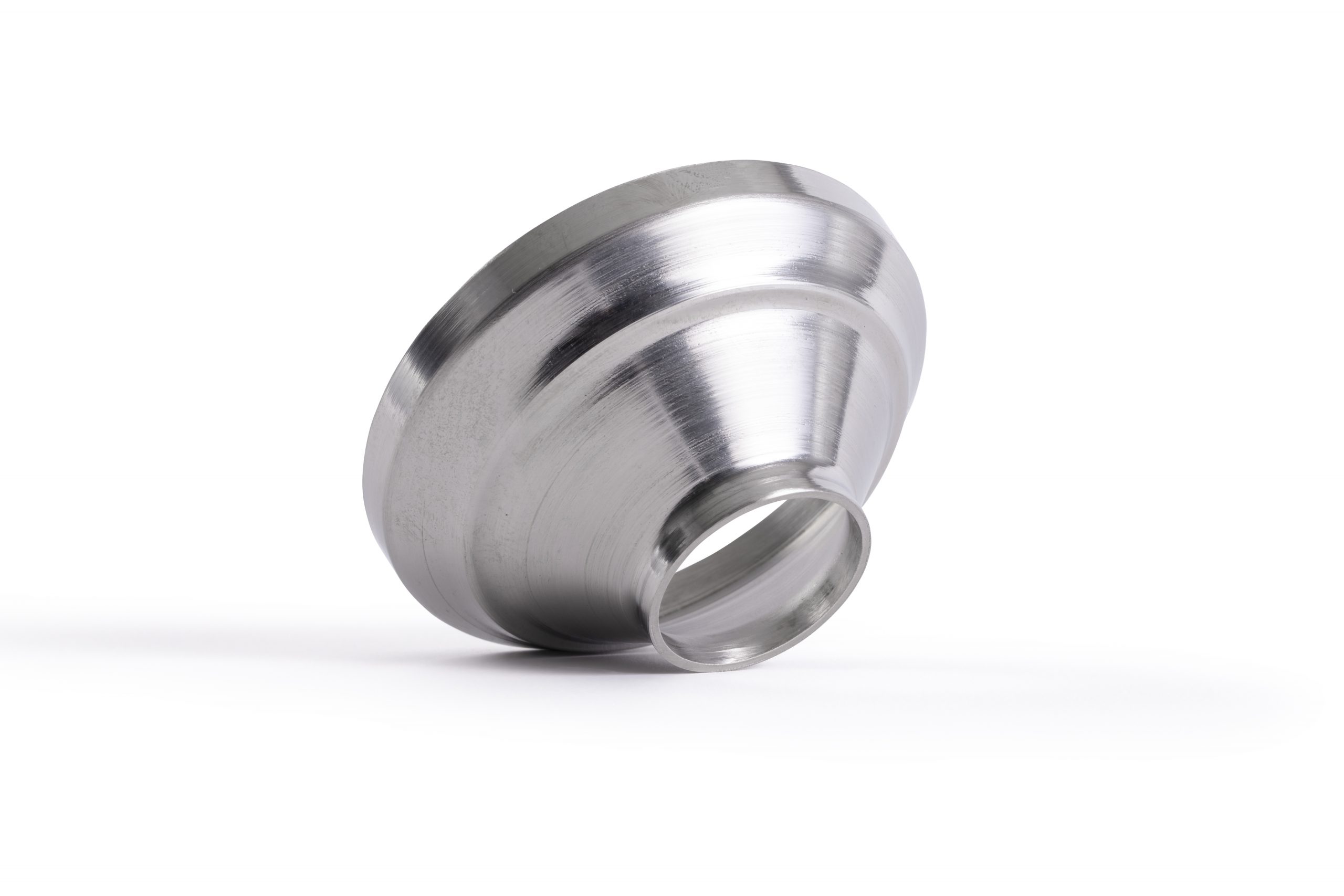 Metal Fabrication & Welding
Metal Fabrication & Welding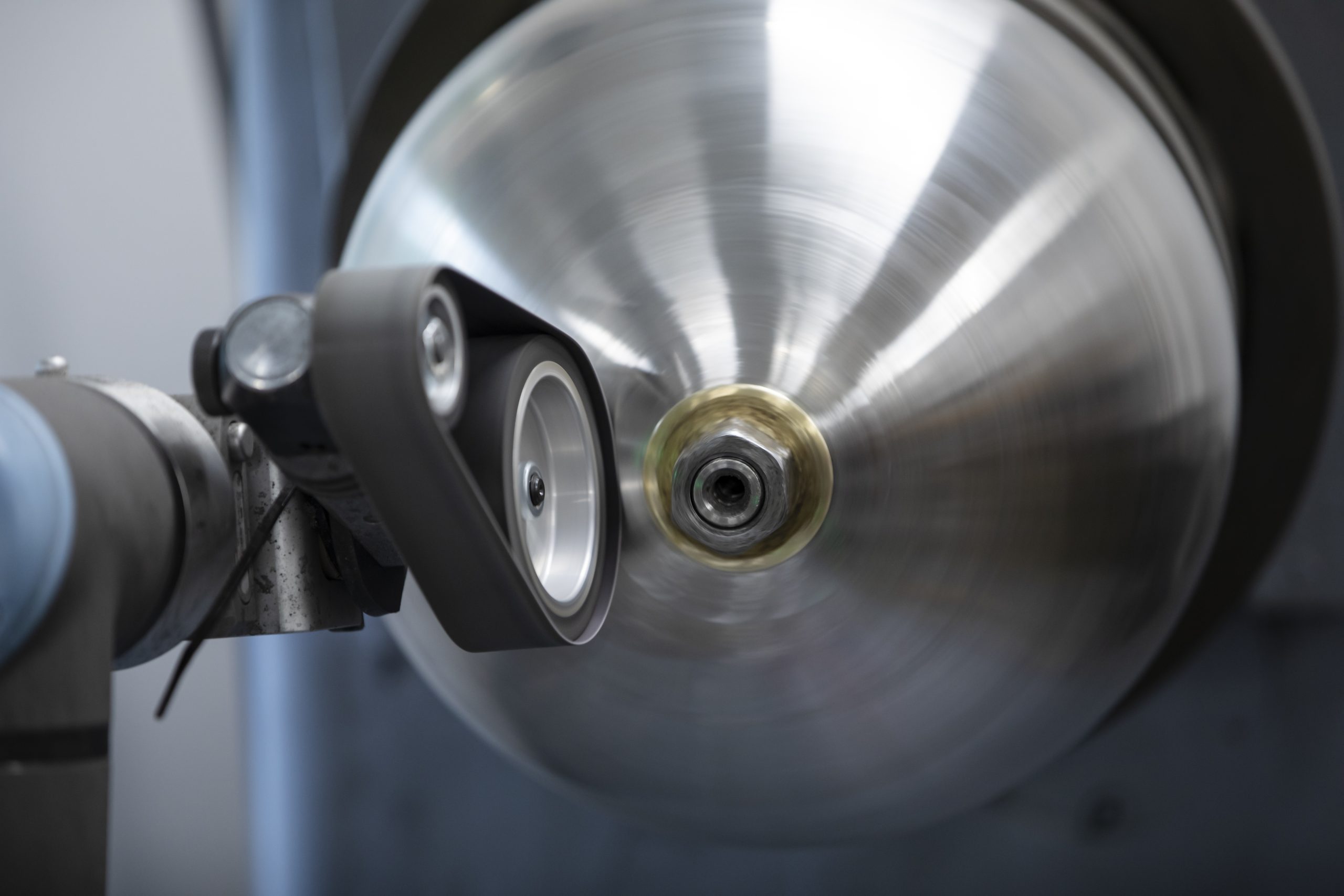 Precision Engineering
Precision Engineering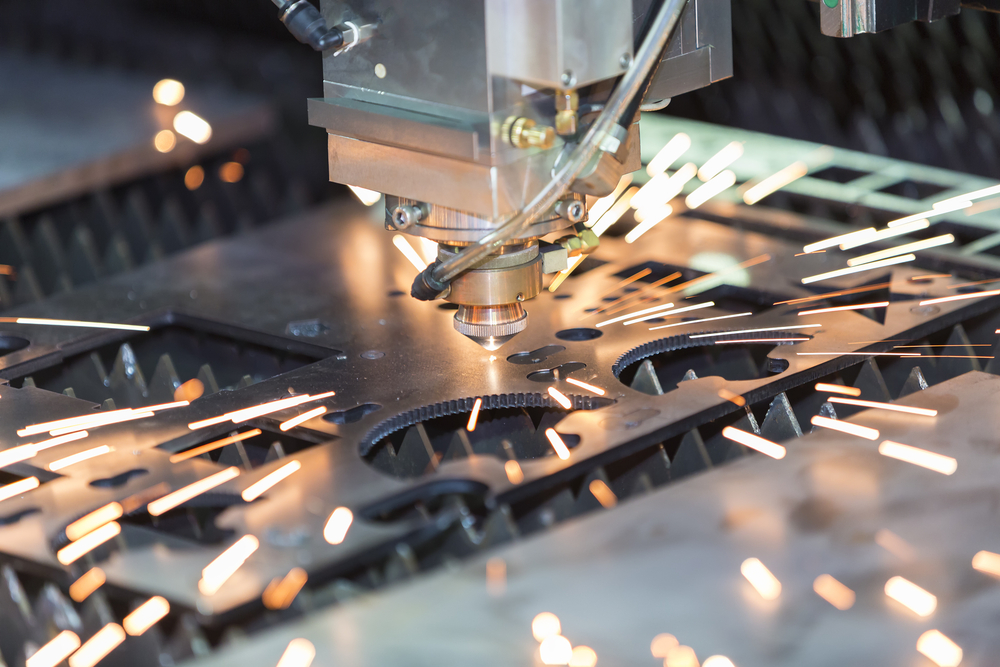 Laser Cutting
Laser Cutting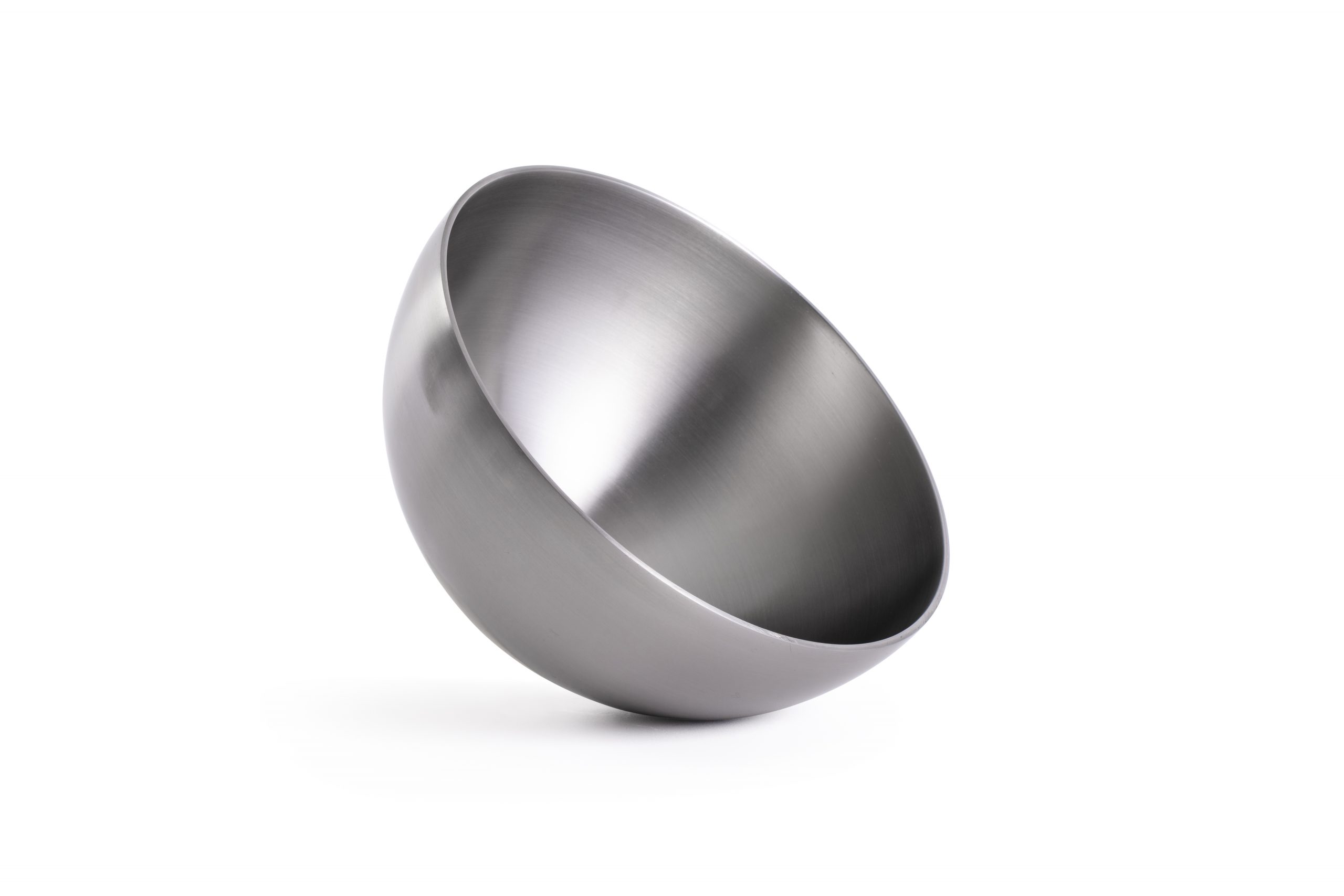 Inspection and Quality
Inspection and Quality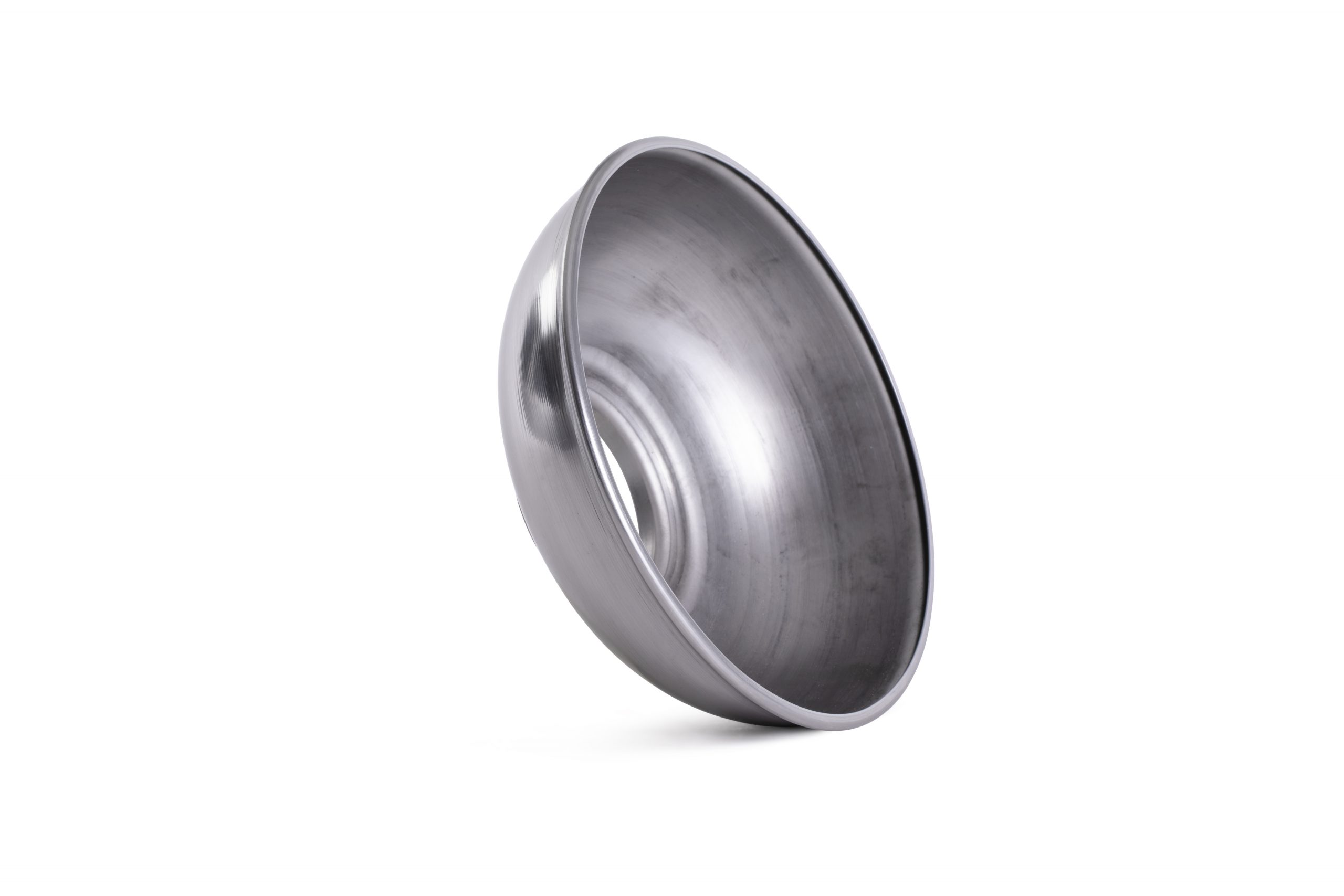 Anodising, Electropolishing and Pickling & Passivating
Anodising, Electropolishing and Pickling & Passivating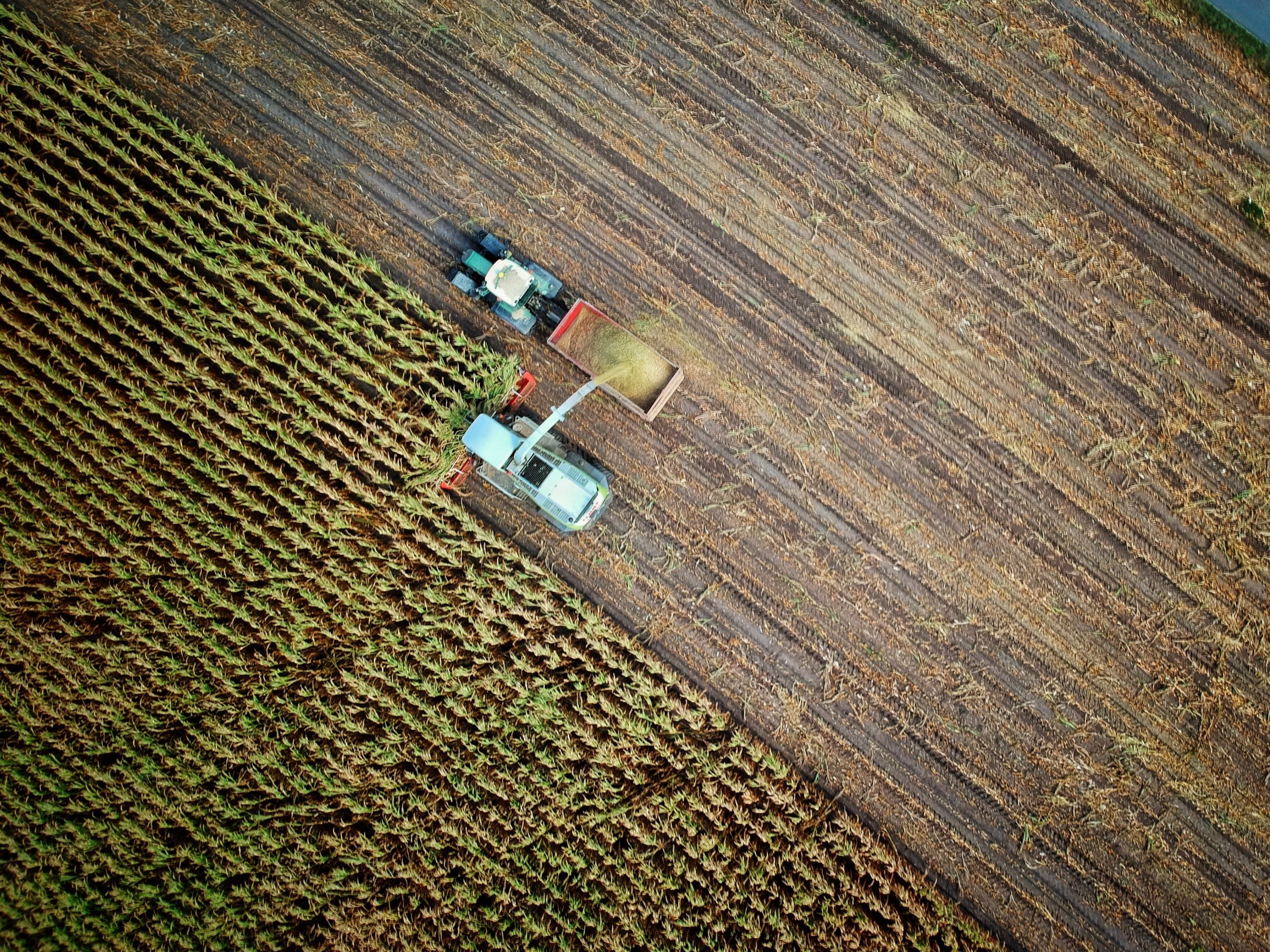 Agriculture
Agriculture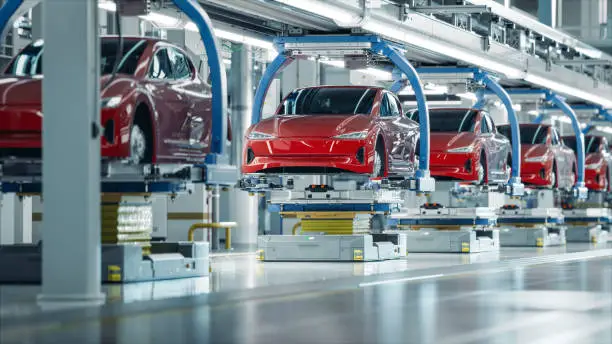 Automotive
Automotive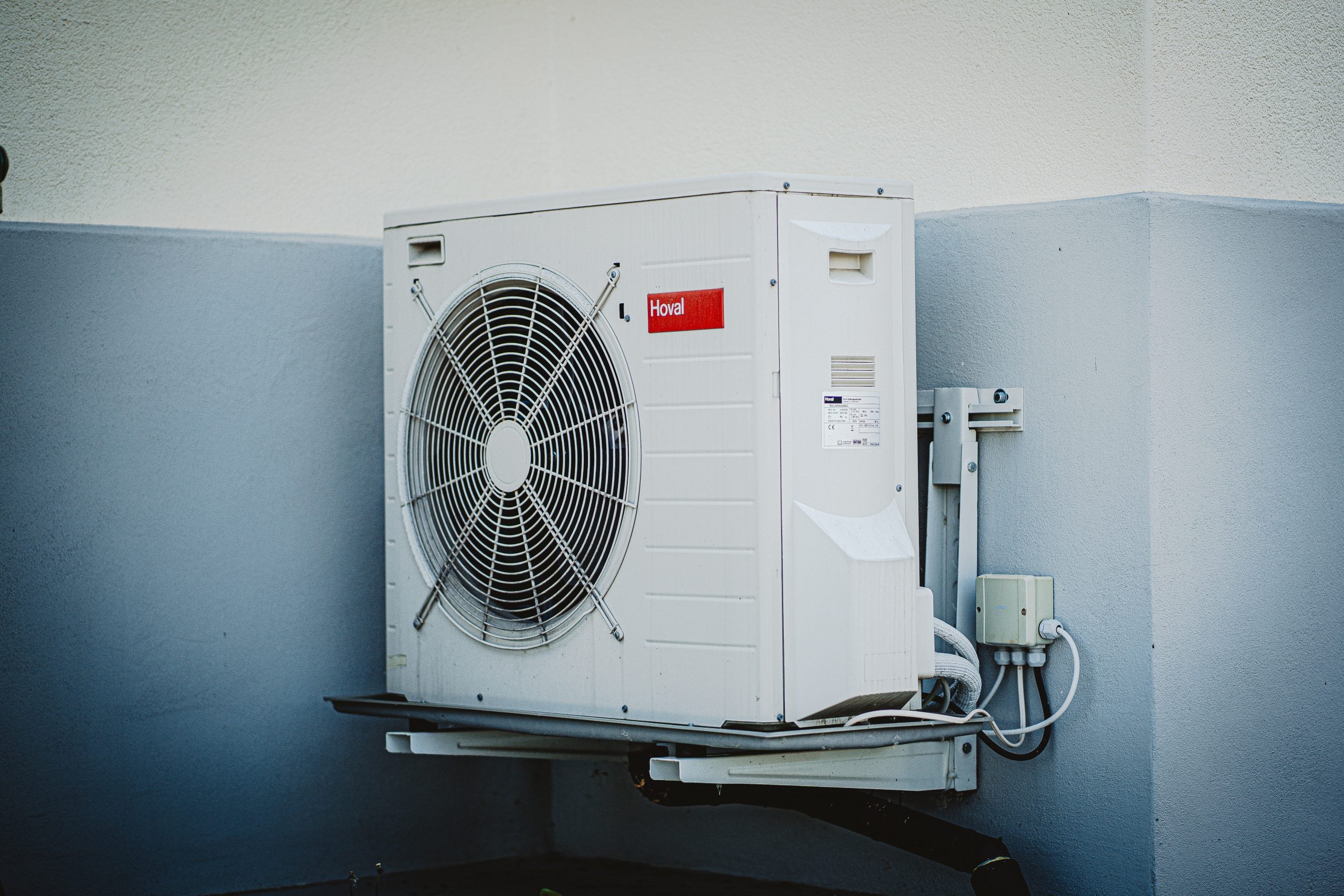 Air Movement
Air Movement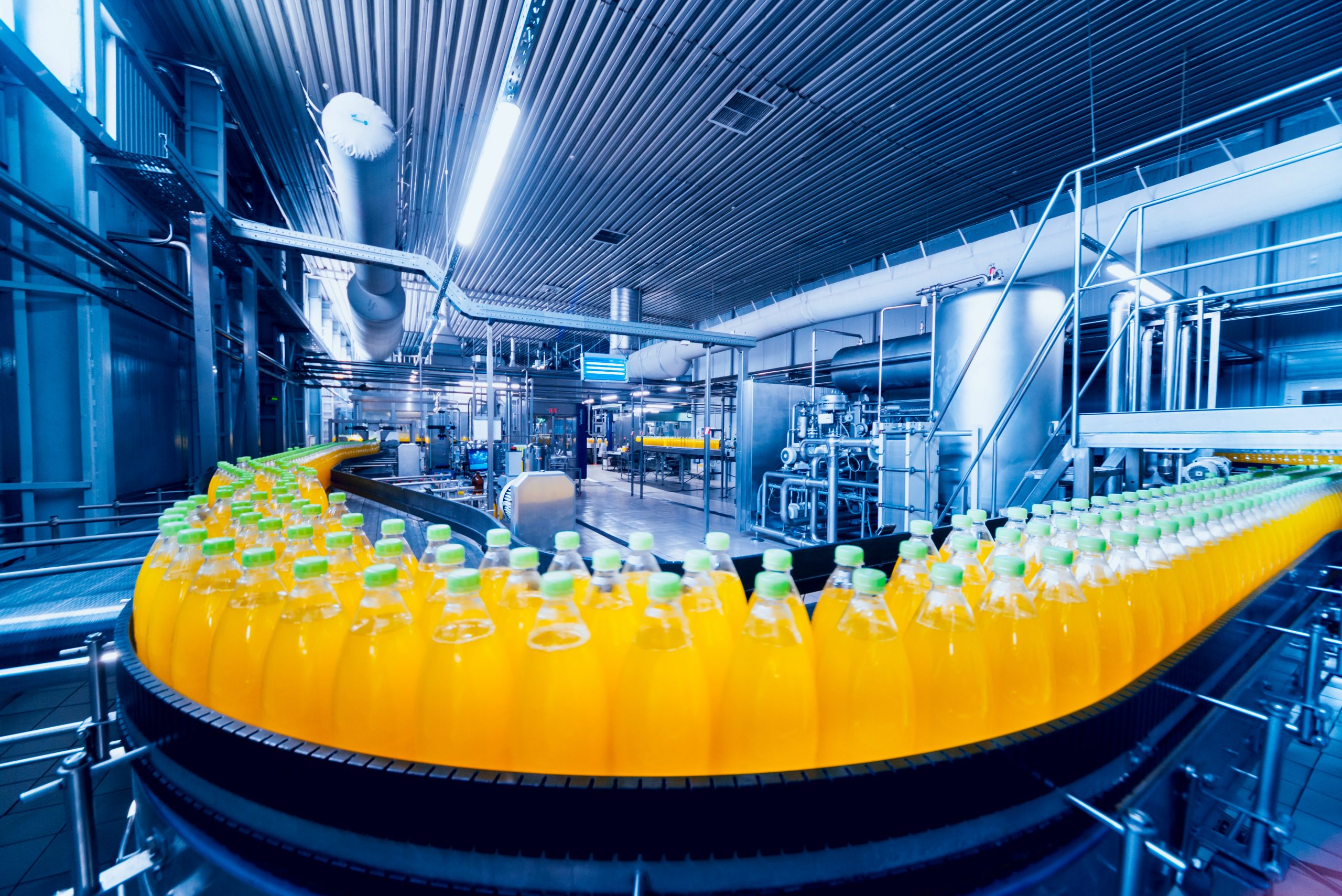 Food Industry
Food Industry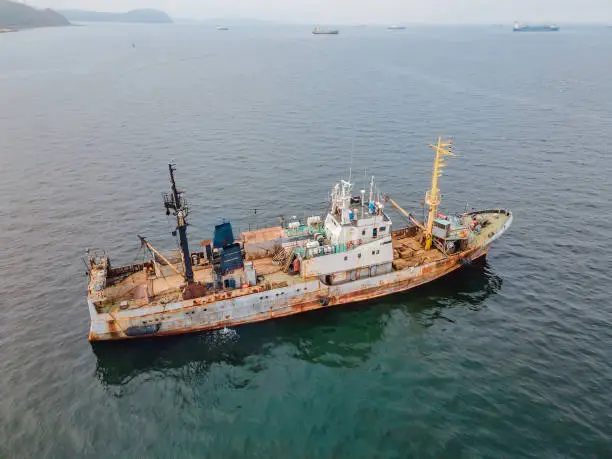 Marine
Marine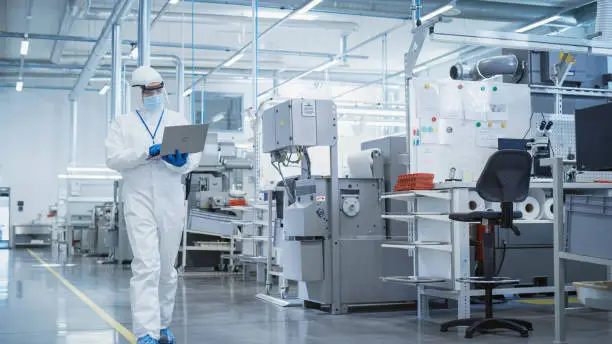 Medical and Cryogenic
Medical and Cryogenic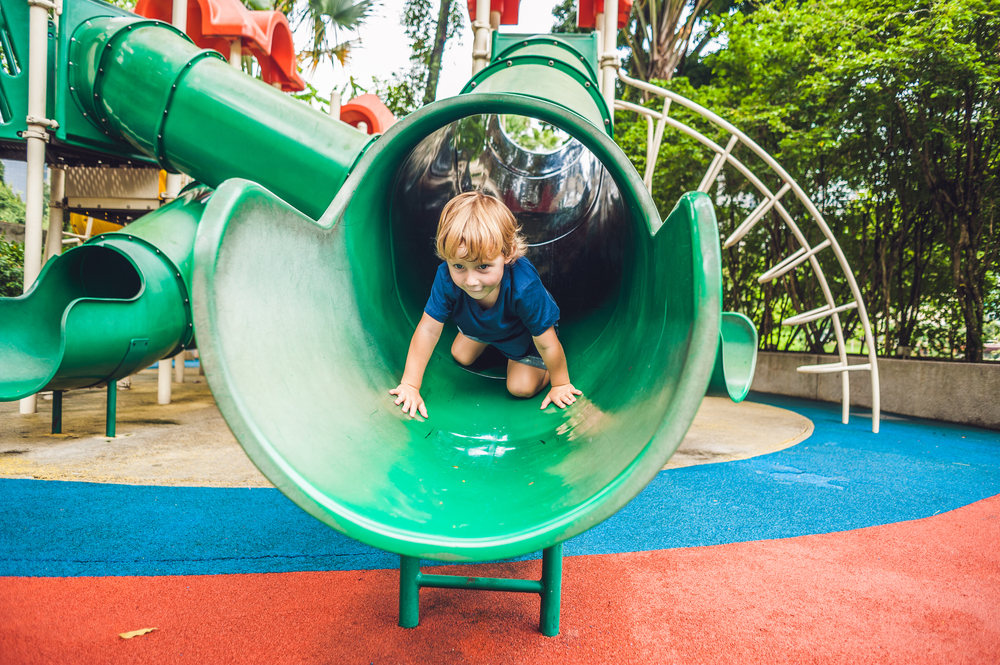 Playground
Playground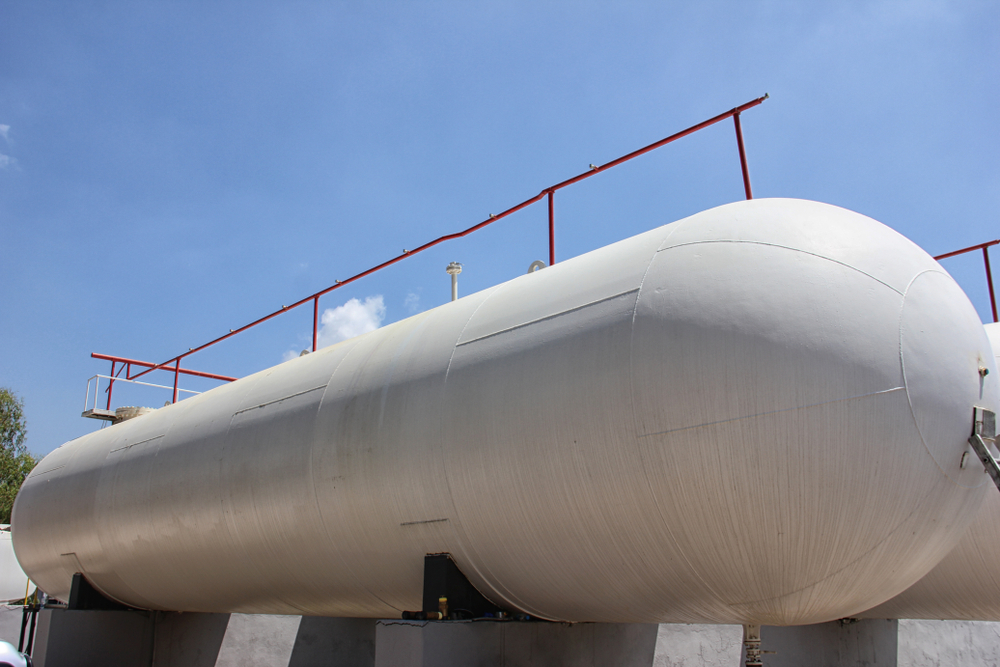 Pressure Vessels
Pressure Vessels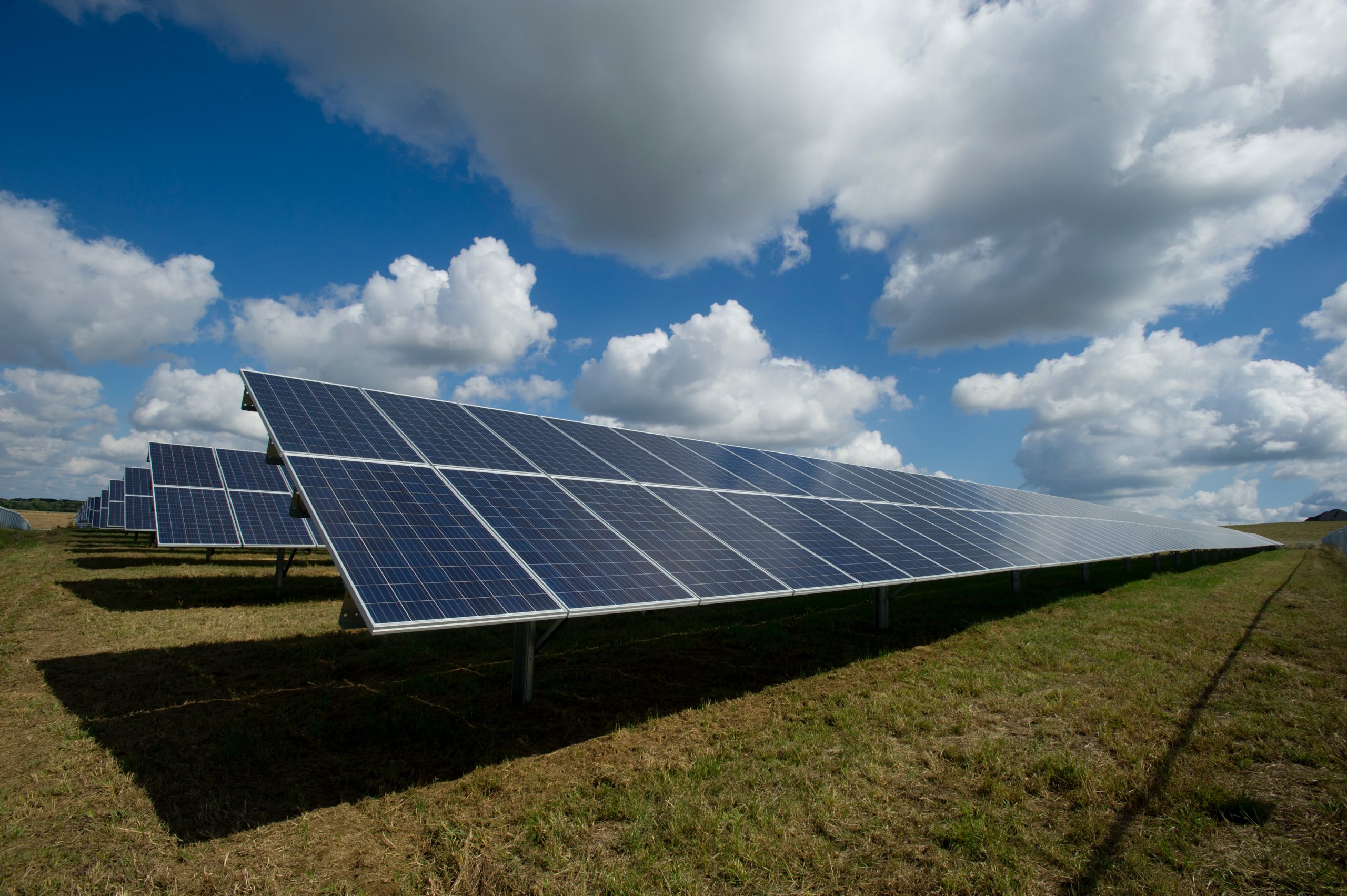 Renewable Energy
Renewable Energy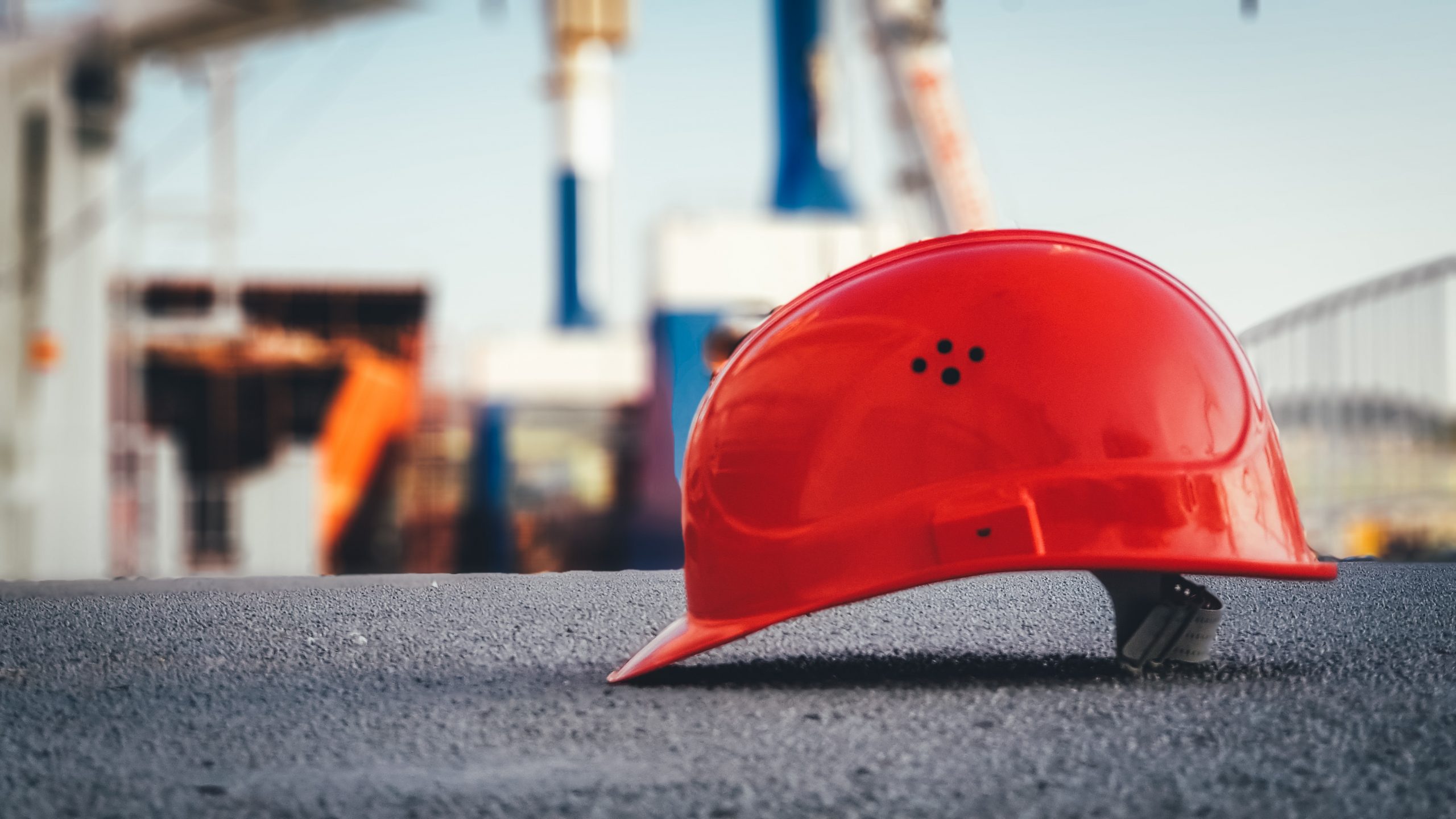 Safety
Safety